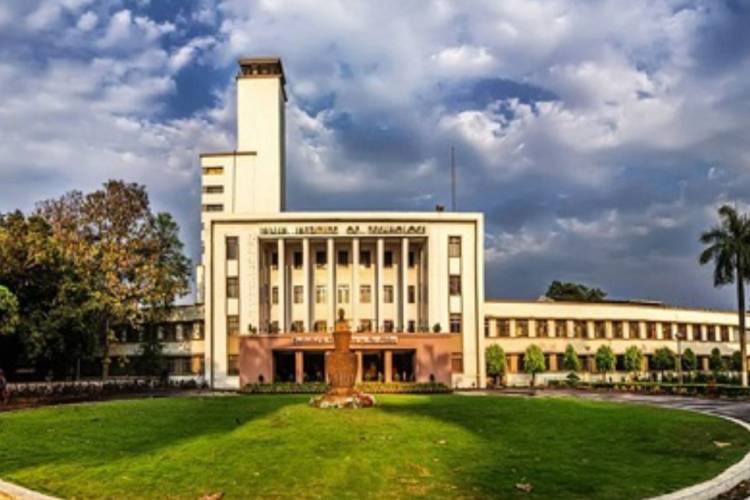Five centuries ago, Leonardo da Vinci sketched flying machines alongside anatomical drawings, recognising no boundary between art and engineering. As India aspires to become a global technology leader, its premier technical institutions face a defining choice: Will they produce engineers who merely build, or those who, like da Vinci, can anticipate the human consequences of their creations?
The current debate about reducing humanities in IITs to prioritise vocational training misses a fundamental point: the greatest technical breakthroughs arise when scientific rigour is animated by humanistic insight. Far from being ornamental, philosophy, literature, and history provide the moral compass and creative vision that transform competent engineers into innovators capable of tackling India’s most complex challenges.
READ | Trump tariffs mark revival of 18th century mercantilism
Technology’s ethical frontiers
Modern technological advances confront society with questions that cannot be answered by algorithms alone. Artificial intelligence, for instance, has repeatedly been shown to replicate racial and gender biases. A landmark MIT Media Lab study (2018) found error rates of 34.7% for dark-skinned women in commercial facial recognition systems, compared to 0.8% for light-skinned men. Eliminating such disparities requires not just better code but an understanding of social theory, ethics, and the history of systemic discrimination.
The biomedical field offers another example. CRISPR-Cas9 gene-editing technology holds transformative potential but also raises profound questions about human enhancement and equity. A 2020 Pew Research Center survey found that 58% of Americans believed gene editing for enhanced intelligence would deepen social inequality. These are debates where ethicists and social scientists must work alongside biologists and engineers.
Humanities in IITs: Innovation without borders
History shows that the most transformative innovations come from those who refuse to compartmentalise knowledge. The Renaissance flourished because thinkers like da Vinci saw no divide between mechanics and art. A University of Michigan longitudinal study (2016) tracking 10,000 professionals found that those with combined technical and humanistic training were 35% more likely to deliver breakthrough innovations.
Closer to our time, Tim Berners-Lee, inventor of the World Wide Web, drew on his philosophical training to design a decentralised, open-access architecture—choices that reflected values of accessibility and free expression. These principles remain central to debates on net neutrality and digital rights.
Cognitive and workplace advantages
Neuroscience reinforces the value of humanities education. Stanford University research (2019) using MRI scans showed literature students had 27% greater activity in brain regions linked to complex reasoning and perspective-taking than peers in technical disciplines.
The World Economic Forum’s Future of Jobs Report 2023 identifies critical thinking, creativity, and emotional intelligence—skills cultivated through humanities education—as among the most valuable for the next decade. In business, a McKinsey & Company study (2022) found that 42% of senior executives in technology firms held degrees in humanities or social sciences, often excelling in navigating organisational complexity and fostering innovation.
India’s development needs
India’s major policy and infrastructure challenges underscore the need for engineers who can integrate sociocultural understanding with technical skill. The Aadhaar programme, though a technological feat, triggered heated debates about privacy, surveillance, and exclusion. The Centre for Internet and Society (2019) documented authentication failures affecting manual labourers, the elderly, and residents of humid regions—issues demanding anthropological as much as technical solutions.
Urban planning shows a similar pattern. The Smart Cities Mission often struggled because projects ignored local social structures and historical urban patterns. A TERI study (2021) found that initiatives incorporating sociological and historical perspectives achieved 40% better long-term adoption.
The global job market reflects this shift. MIT Sloan Management Review (2023) recorded a 400% increase in AI ethics job postings since 2018, and Gartner predicts that by 2025, 30% of large organisations will employ AI ethics officers—roles requiring humanistic grounding. Harvard Business Review (2021) notes that over 30% of Fortune 500 tech executives have humanities backgrounds.
Models for integration
Some leading institutions have already embedded humanities into engineering education. The Massachusetts Institute of Technology requires all undergraduates to complete substantial humanities coursework, with 25% of bachelor’s degrees in humanities fields.
Singapore University of Technology and Design mandates a “Humanities, Arts and Social Sciences” component throughout its engineering curriculum, often co-taught by technical and humanities faculty. India’s own National Education Policy 2020 explicitly calls for multidisciplinary education and flexible curricula that dismantle disciplinary silos.
The real question is not whether IITs should teach humanities, but how best to integrate them into technical education. As India confronts challenges from climate change to AI governance, it will need engineers who can both build systems and question their purpose. The humanities equip them with the ethical reasoning and reflective capacity to decide not just what can be built, but what should be built, and for whom.
By sustaining and strengthening humanities education within IITs, India can ensure its technological progress remains human-centred, equitable, and genuinely transformative.

